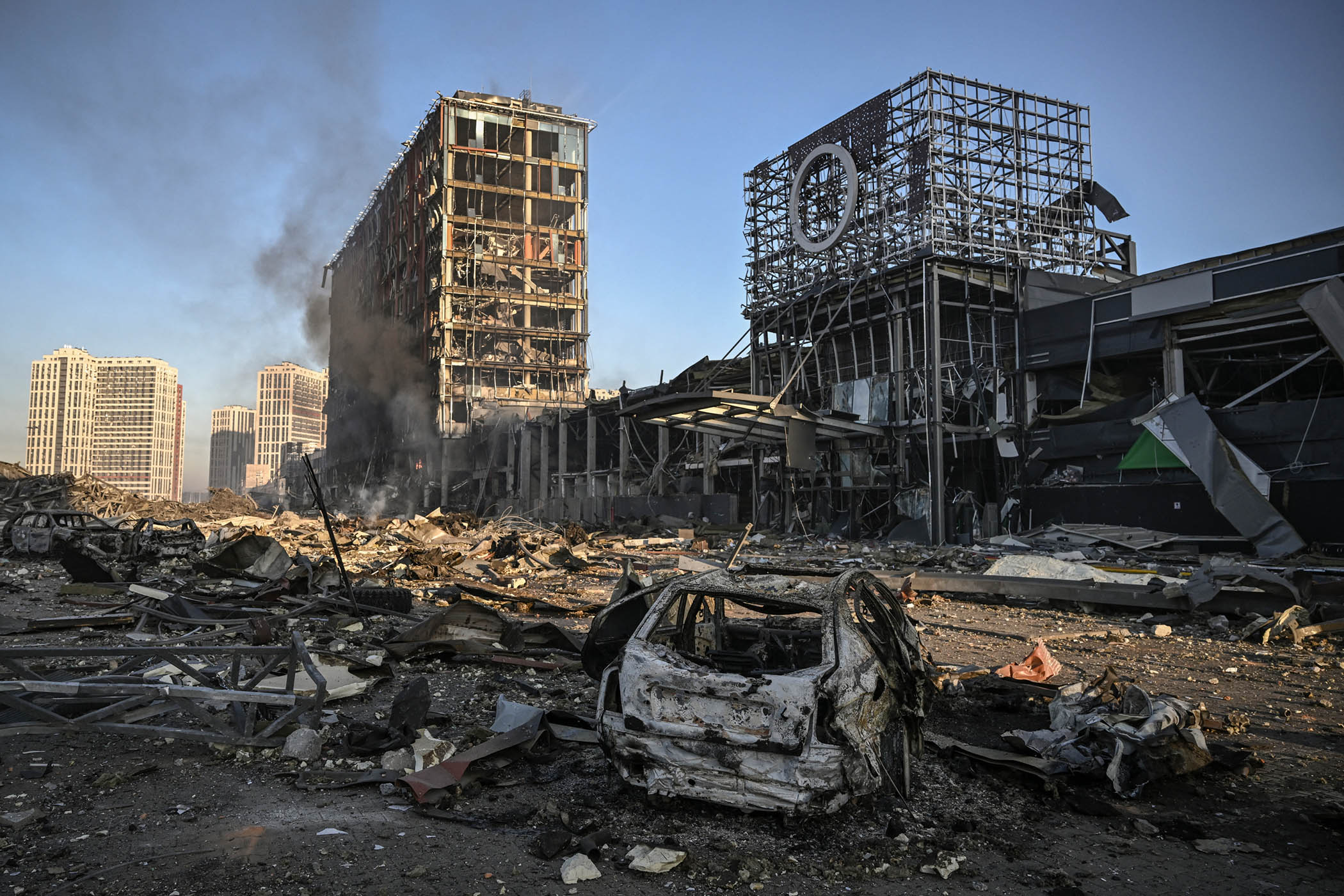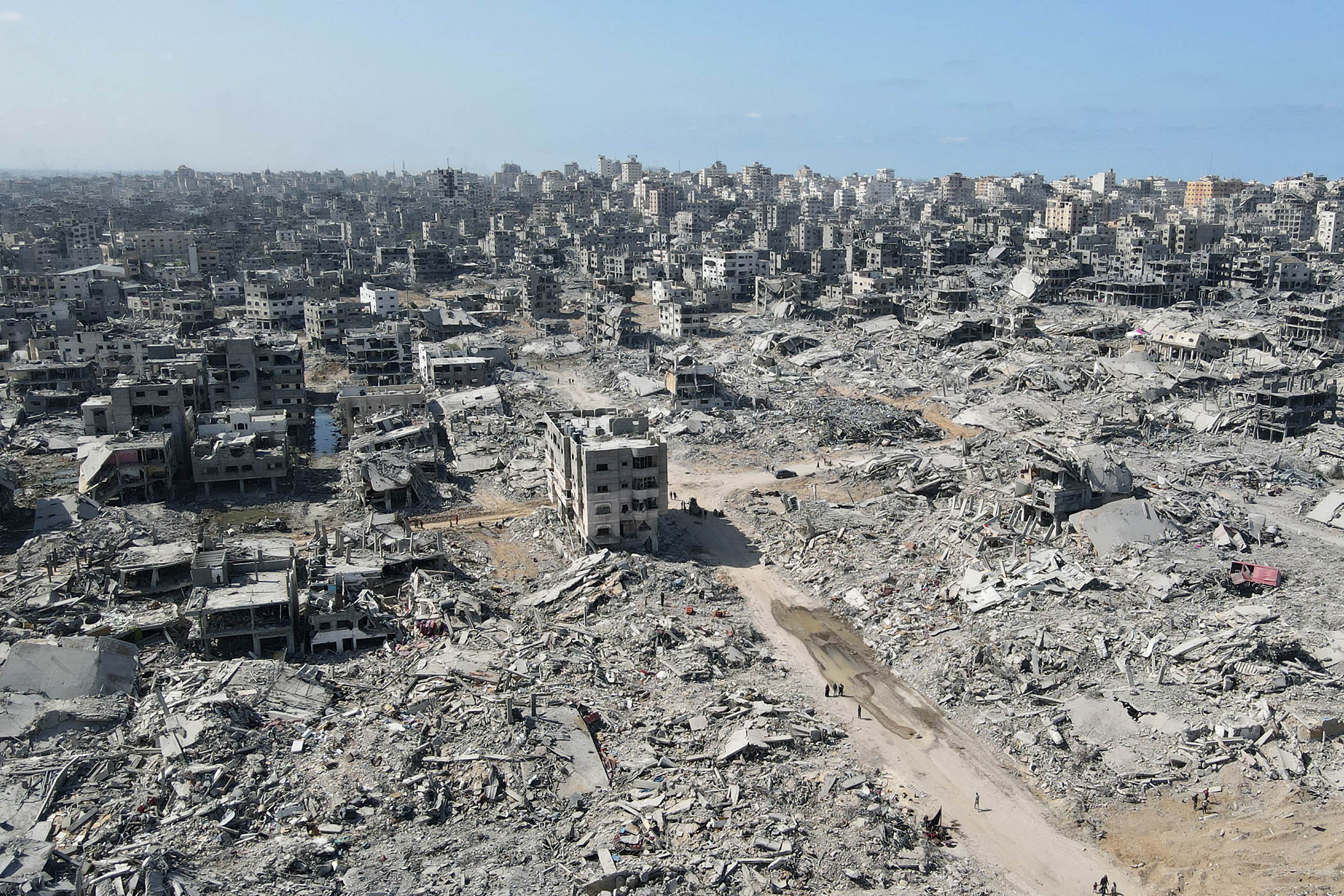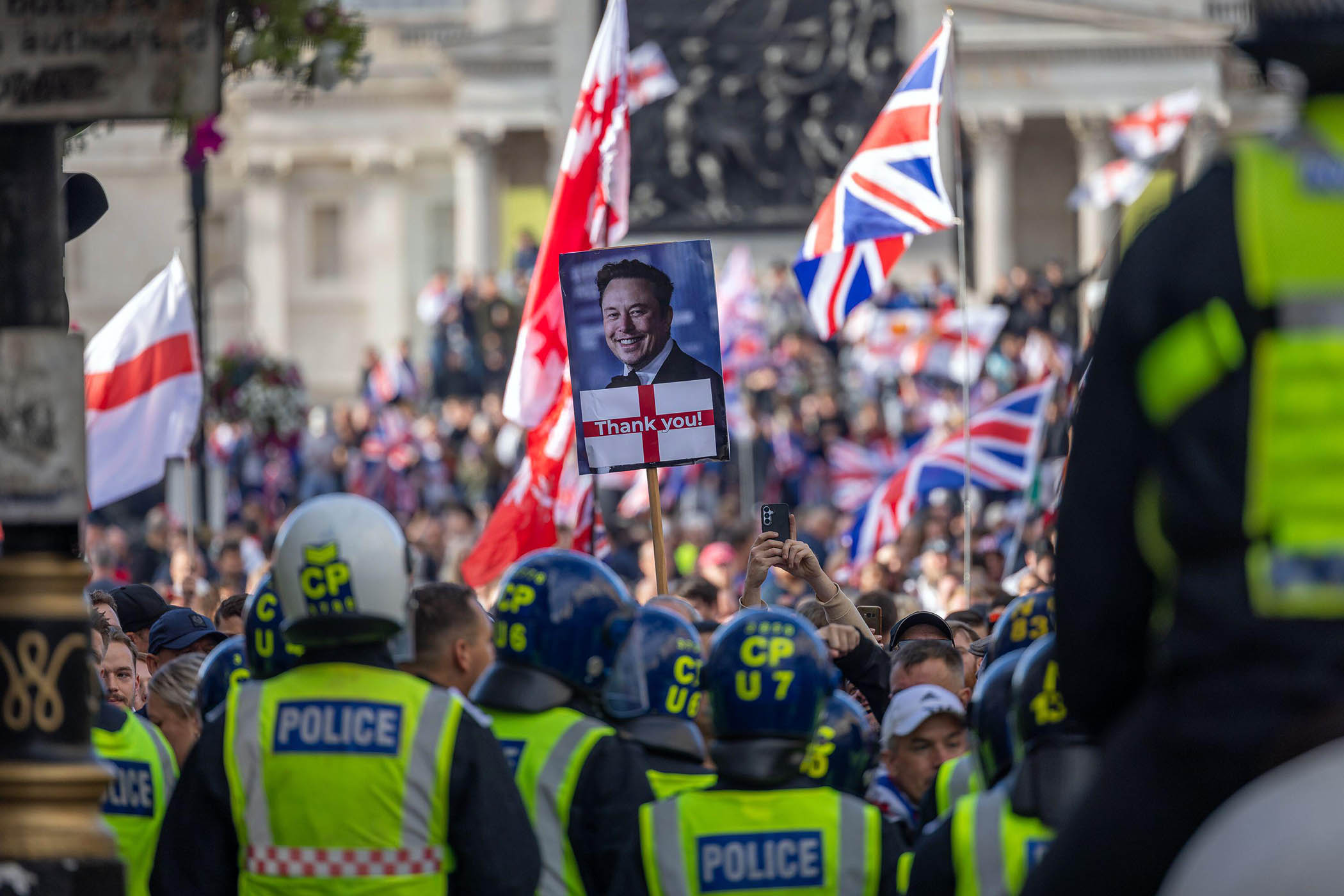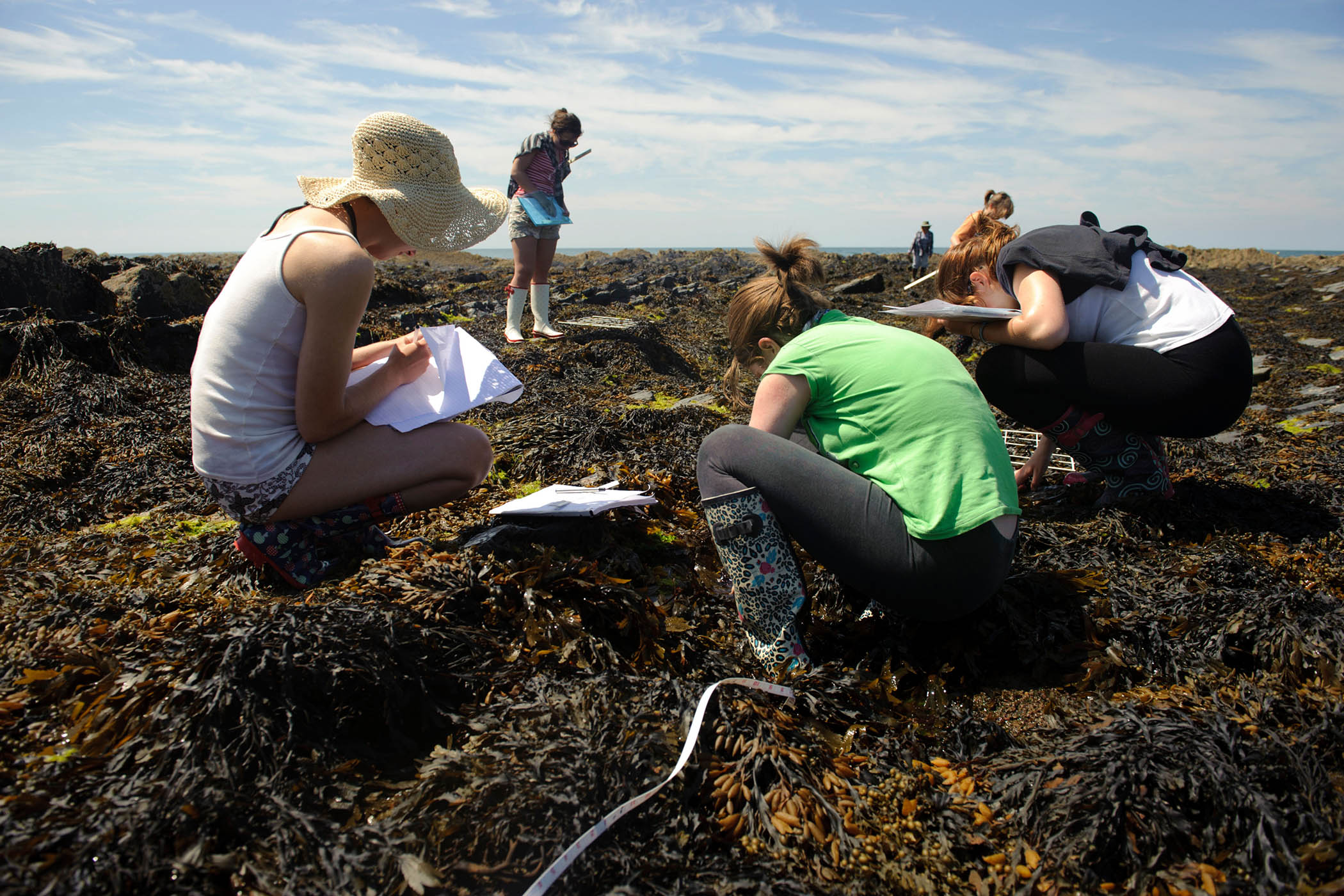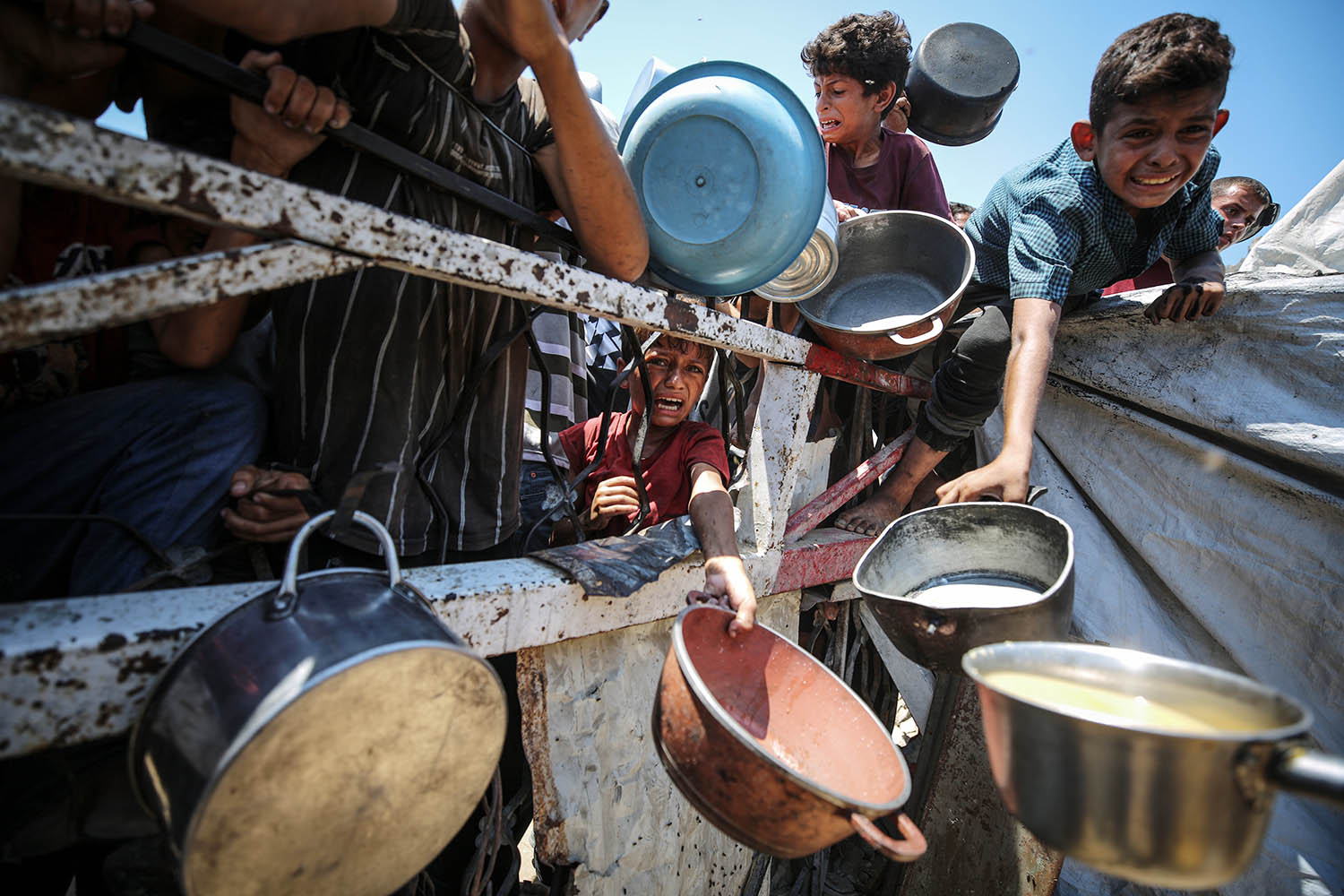
Britain must recognise a Palestinian state and bring to an end this humanitarian crisis
Israel has made food a weapon of war in Gaza. The evidence of a deliberate policy of starvation is swelling the ranks of those who say that Benjamin Netanyahu’s government is conducting a genocide of the Palestinians. It is driving friends of Israel to despair; many of those who deplore the barbarism of Hamas, and respect Israel’s right to defend itself after the terrorist attacks of 7 October 2023, have had enough.
Inside Israel, mass demonstrations against the government and the war continue, but look increasingly like rallies of impotence and shame. Outside the country, national governments and international agencies decry Israel’s killing of 60,000 people, the inhuman treatment of Palestinians and the impending famine, but they, too, seem powerless to bring peace.
British foreign policy needs to meet Israeli impunity with a statement of principle, but also with action that can feed the people of Gaza. Sir Keir Starmer and his foreign secretary, David Lammy, have embargoed some arms sales to Israel, and two Israeli cabinet ministers have been sanctioned for inciting violence, though in the West Bank not Gaza. Neither measure is insignificant though both are overwhelmingly symbolic.
No one can labour under the illusion that the famine in Gaza is an accident when it was in the mind of Bezalel Smotrich, one of the sanctioned politicians, a year ago. “No one in the world will allow us to starve two million people,” he said, “even though it might be justified and moral in order to free the hostages.”
The Gaza Humanitarian Foundation is complicit in the policy of starvation. It was brought in as part of a determined effort to drive the United Nations out. The UN’s sophisticated local distribution networks were replaced by an incompetent, inaccessible and violent alternative. Barely a day has passed since the foundation began operating in Gaza two months ago without a large number of Palestinians being killed looking for food: the UN Office for the Coordination of Humanitarian Affairs most recently put the number at 1,060.
Related articles:
The possibility of airlifting food and medicines into Gaza is fraught with danger but must be pursued
This week at the UN in New York the ministerial-level conference on Palestine will take place, rescheduled after the US bombing of Iran. It will be co-chaired by France and Saudi Arabia.
The Observer has argued that the UK has a historic responsibility to recognise Palestine because the UK recognised the need for a home for the Jewish people in the Balfour Declaration of 1917. That was a statement of principle, not a tactical calculation. President Macron last week stated France’s recognition of Palestinian statehood. It is baffling that Sir Keir Starmer insists on withholding British recognition until the timing is right, putting tactics ahead of principle. It squanders the moment, easing pressure on Israel and giving time for opponents of the two-state solution to change the facts on the ground.
There is a practical intervention the UK can make too. The possibility of airlifting food and medicines into Gaza is fraught with danger but must be pursued. Britain should also add an item to the UN conference agenda: a proposal to sanction the GHF. It should examine the roles of the individuals who run the foundation, John Acree and Rev Johnnie Moore; its board members as well as the executives of affiliated companies such as Safe Reach Solutions and UG Solutions – which provide services, including armed guards, to the GHF. The UK government should be clear that aid distribution is not a business to be run by mercenaries.
The GHF has helped bring death and starvation to Gaza. On top of that, it is now an impediment to peace; a stumbling block in the ceasefire negotiations, which were suspended last week. The people of Gaza will not be properly fed as long as they are forced to rely on the GHF. It is time to shut it down and restore the safe supply of food to Palestinians.
Photograph by Ali Jadallah/Getty
